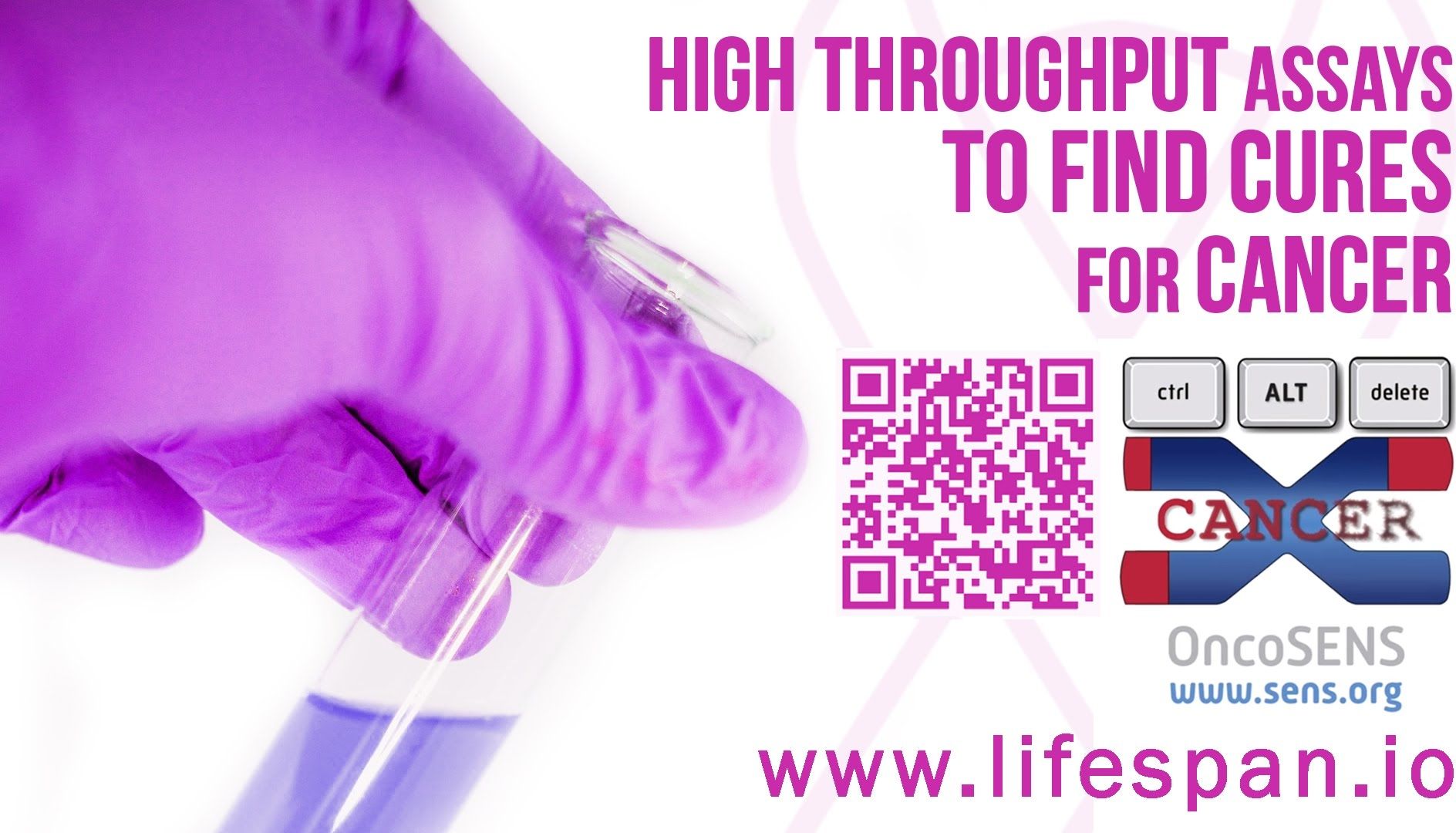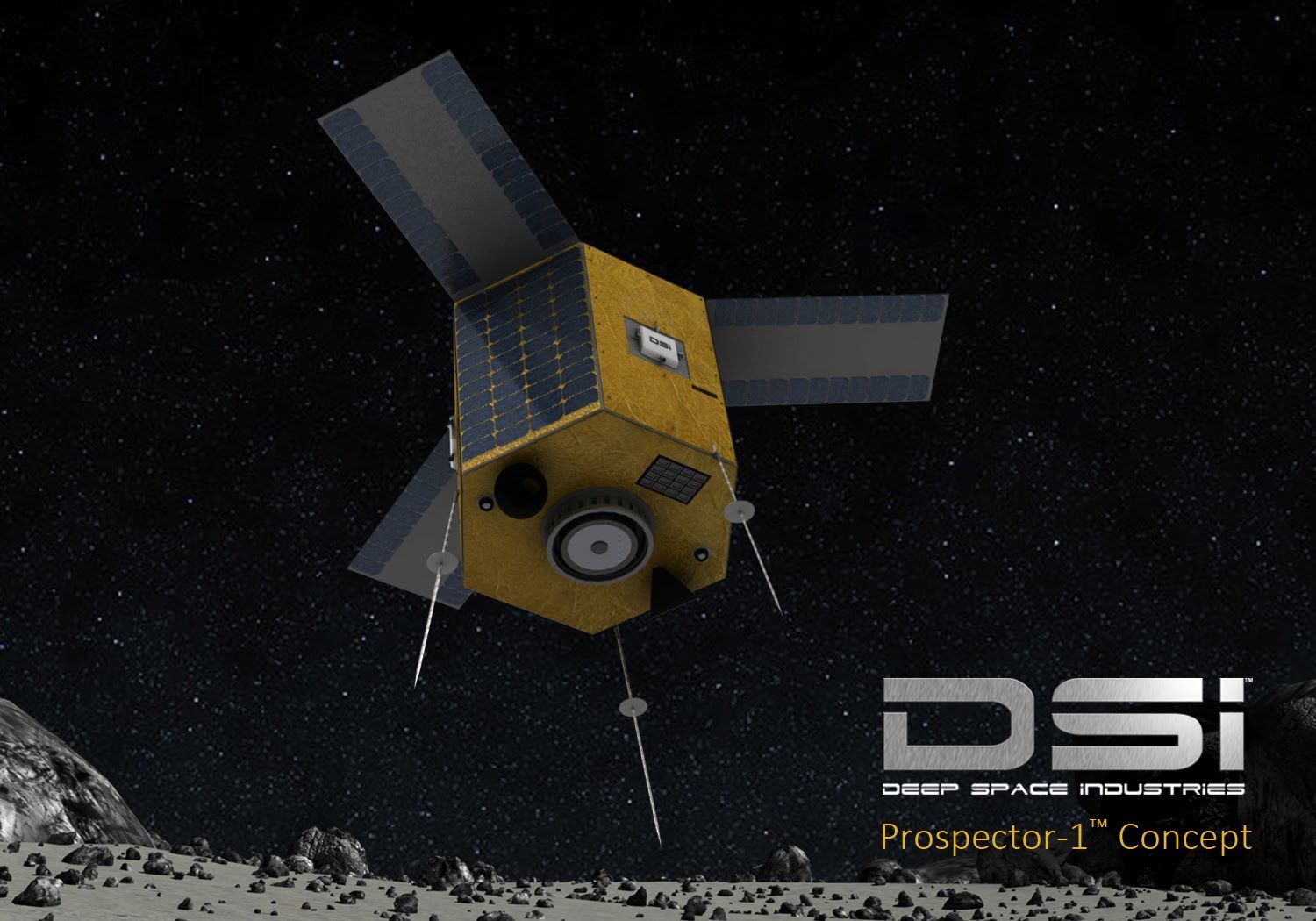
A nice story out on transhumanism:
An idea that has frequently been used by science fiction is now starting to gain widespread attention by futurists, scientists, philosophers, and even the general public; the idea that the human species needs to use either artificial augmentations or gene manipulation to usher in the next stage of evolution. That idea is transhumanism.
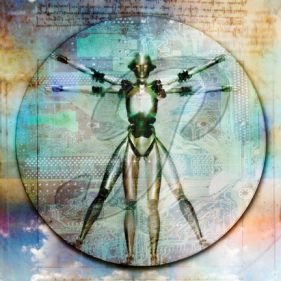 But why would humans want to willingly accelerate or initiate the next step in evolution? The positives of transhumanism are lofty goals that mankind has sought after for years, goals such as a world without diseases, ignorance, or even death. The only question, and an extremely important one, is how much is humanity willing to modify itself to attain those goals, and could the end result still be considered human? Some sources even suggest that in order to discuss individuals who are radically different from modern-day humans, the term “posthuman” must be used. Transhumanists who alter or augment themselves would theoretically at some point become a posthuman.
But why would humans want to willingly accelerate or initiate the next step in evolution? The positives of transhumanism are lofty goals that mankind has sought after for years, goals such as a world without diseases, ignorance, or even death. The only question, and an extremely important one, is how much is humanity willing to modify itself to attain those goals, and could the end result still be considered human? Some sources even suggest that in order to discuss individuals who are radically different from modern-day humans, the term “posthuman” must be used. Transhumanists who alter or augment themselves would theoretically at some point become a posthuman.
Continue reading “What is Transhumanism?” »

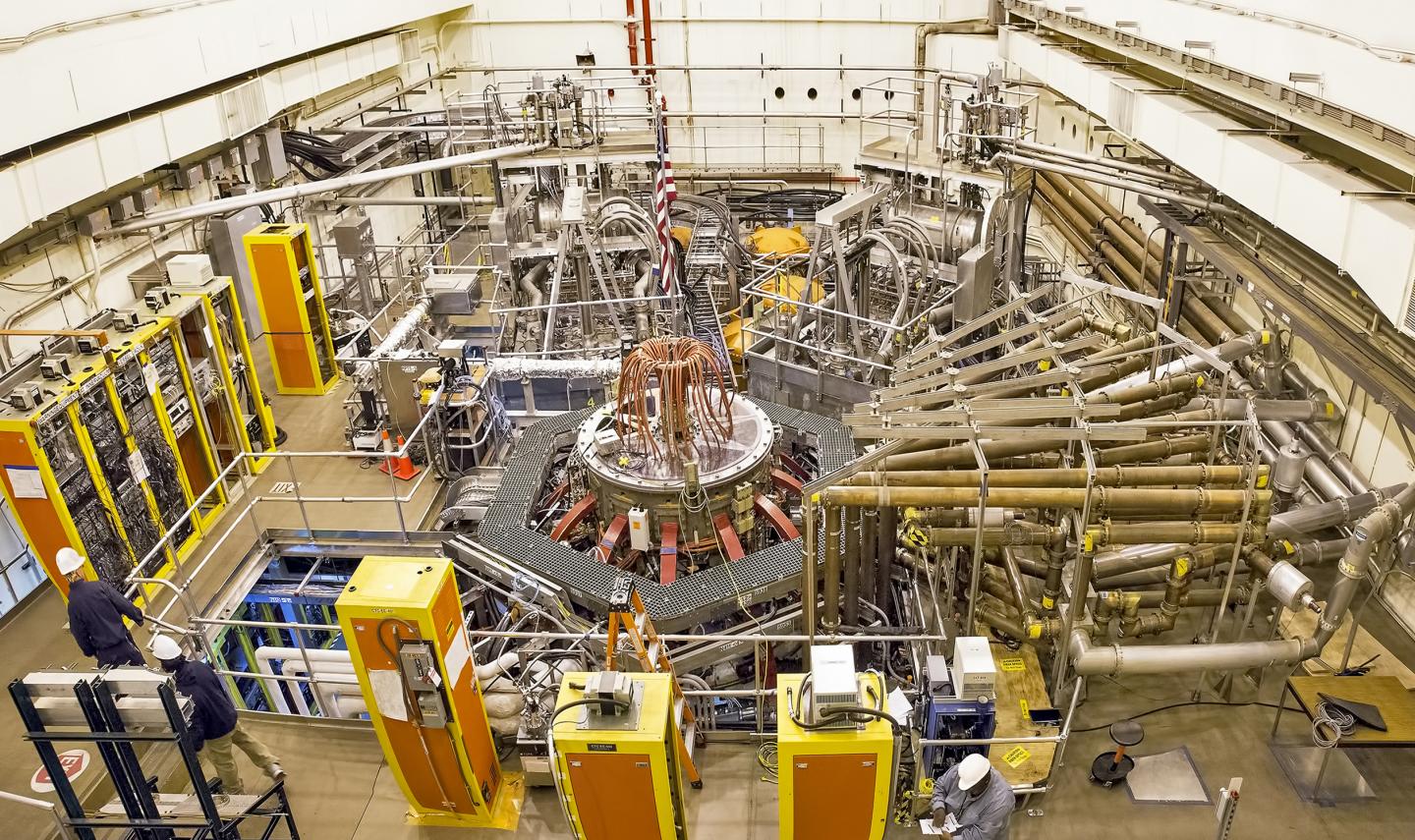

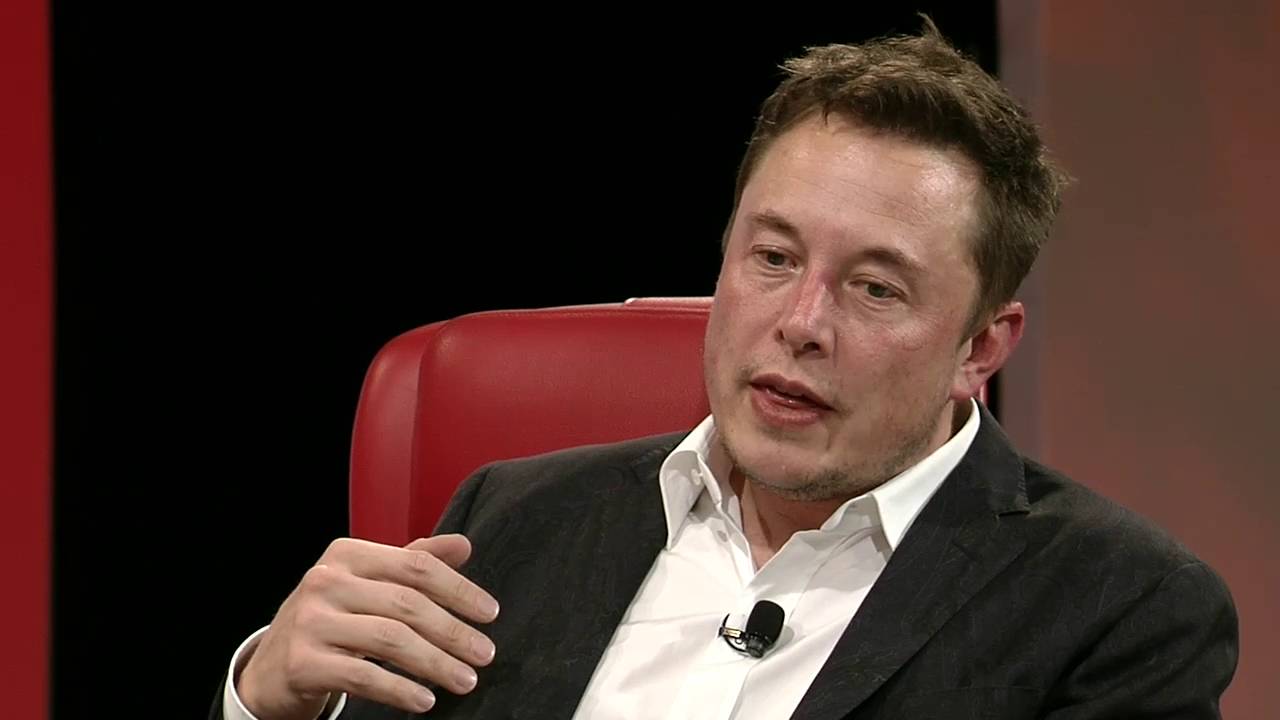
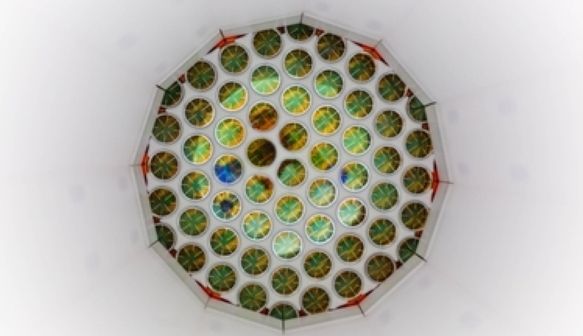
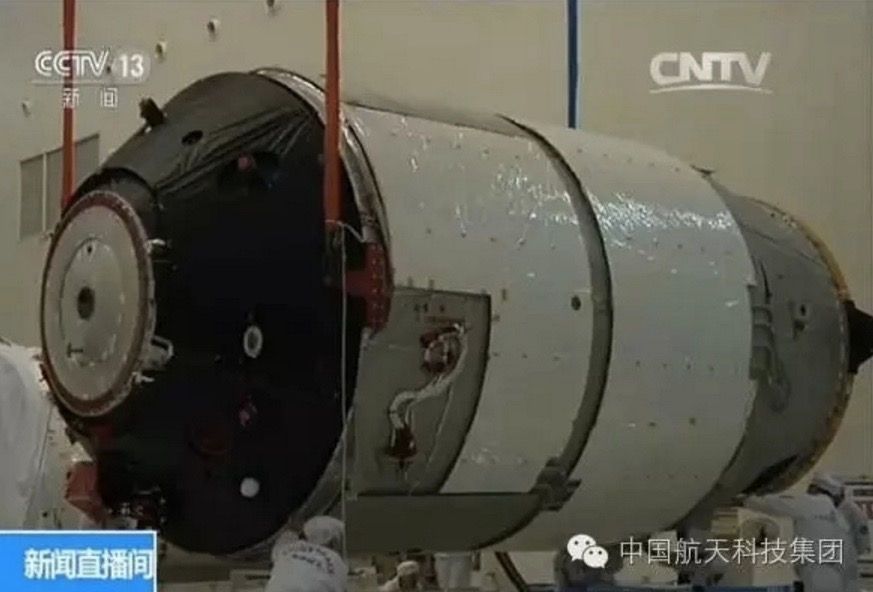

 But why would humans want to willingly accelerate or initiate the next step in evolution? The positives of transhumanism are lofty goals that mankind has sought after for years, goals such as a world without diseases, ignorance, or even death. The only question, and an extremely important one, is how much is humanity willing to modify itself to attain those goals, and could the end result still be considered human?
But why would humans want to willingly accelerate or initiate the next step in evolution? The positives of transhumanism are lofty goals that mankind has sought after for years, goals such as a world without diseases, ignorance, or even death. The only question, and an extremely important one, is how much is humanity willing to modify itself to attain those goals, and could the end result still be considered human? 